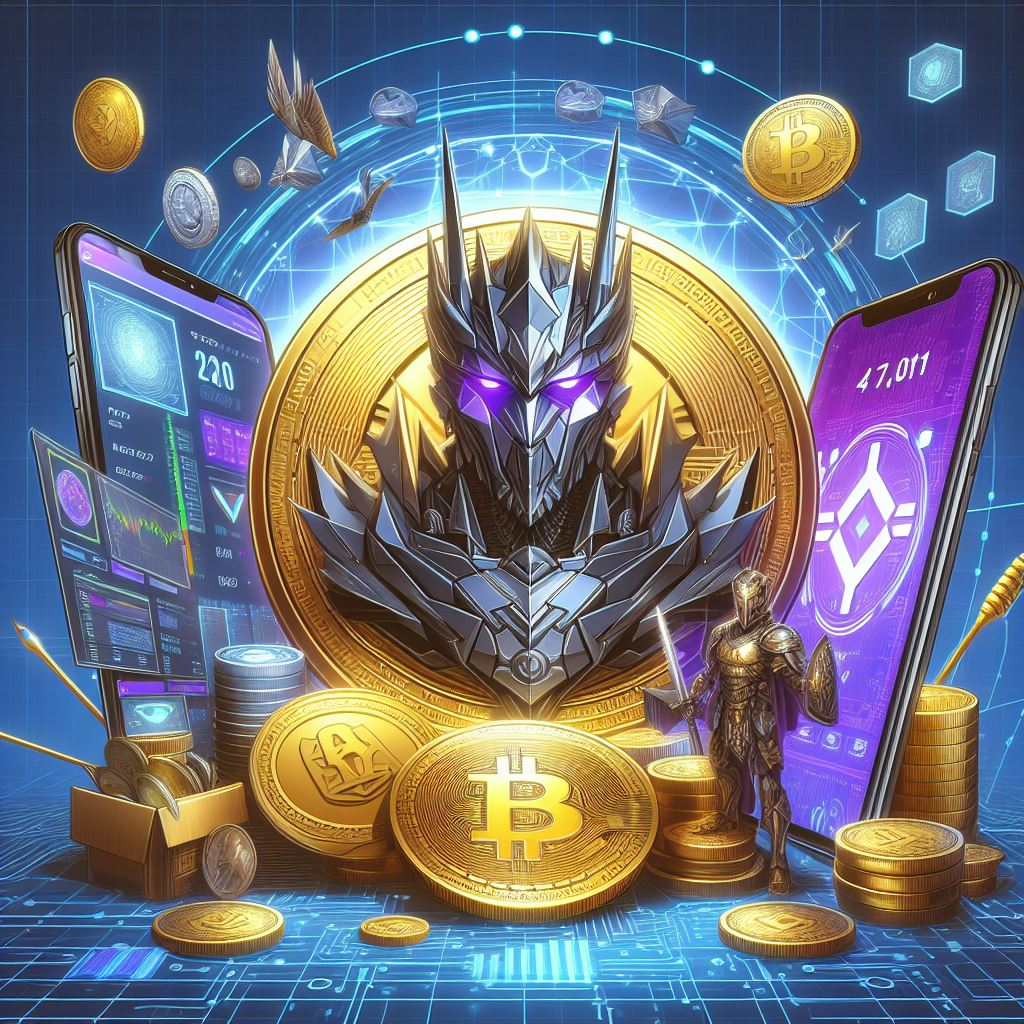No matter how the world evolves, it has always been a class system. The elites fight and conquer the world, while the civilians are responsible for farming and fighting, and serve as ordinary soldiers and farmers. This has never changed since ancient times.
Although Professor Lobster is a Jew, he is quite right about this point: people are divided into classes.
During the Eastern Zhou Dynasty, nobles were determined by blood relationship, and they were all from the Ji family. But the Ji family really worked hard. The Qin people were originally poor relatives who herded horses for the Zhou royal family. After countless generations of hard work, they owned Guanzhong and the Sichuan Basin, laying the foundation for the later emperors.
After the Han Dynasty, aristocratic families became the ruling class. Zhuge Liang's family was known as a "farming and reading family", but his uncle was a governor, and the family was married into the wealthy families of Jingzhou, so they were not poor at all.
Cao Wei's Sima Shi relied on the Nine-Rank System to institutionalize the aristocratic families as the ruling class. This system did not seem to work well, and was broken into pieces during the subsequent Southern and Northern Dynasties. For example, Liu Yu was a typical non-aristocratic family who rose to power through military prowess.
I won't go into detail in the middle. In the Qing Dynasty, the ruling class had two lines. One was the Eight Banners system, which was mainly military-oriented, and the other was the science and technology system inherited from the Ming Dynasty, which was used to win over the literati to join the ruling class. The Ten Complete Military Achievements during the Qianlong period probably wiped out the elite Eight Banners, and the banner affairs were corrupt, and the Qing Dynasty lost its fighting power. Later, Guangxu reformed and abolished the imperial examination system, and lost contact with the landlord class. It may not be a coincidence that he abdicated 10 years later.
The United States claims to have a democratic system, but in fact, it has clear social classes. The wealthy doctors have formed a monopoly on ruling positions with money (private schools cost $50,000 per year) and connections (admission to West Point requires a recommendation from a congressman), but they still give the poor the best (scholarships). However, with the prevalence of DEI this year, this system has gradually become problematic and has gradually failed to select the best. You want to start a company? In fact, it all comes down to connections. Do you think you can get investment just by chance? Ma Yilong can get NASA orders just by chance? You can try it 😂
It is similar at Dongda University, where the party is an elite class. But when something really happens, party members will really go, whether it is fighting floods or epidemics.
As for India, the caste system has not changed for thousands of years, which is considered solidified. In the final analysis, progress can only be achieved by replacing the solidified elites based on blood ties with an elite class created by selecting the virtuous.
Even in the field of blockchain, Bitcoin core is the ruling class, and its ruling power is strong. Back then, Chinese miners rebelled with computing power and capital, but were defeated by Bitcoin core. Do you think they only relied on technology?
The existence of a ruling class is inevitable, and there are two differences: first, whether the ruling class is mobile and always represents advanced productive forces; second, whether the internal distribution is relatively reasonable, so as to generate synergy rather than internal unrest.






